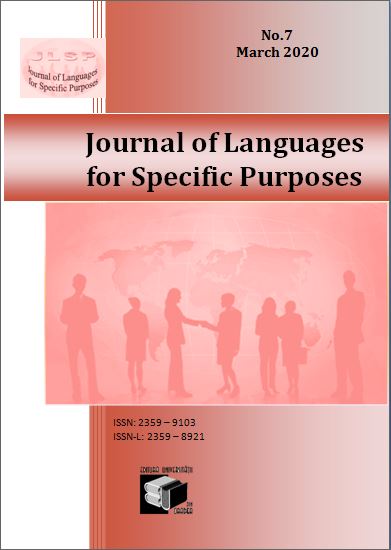Velg Third Party Agreement
In accordance with IMO standards (section 2.3-2.4), IMO is responsible for all services provided by third parties as part of their registration. When services are provided on behalf of an RTO, a written agreement is required, which may be requested during the review. A third-party agreement is a written agreement that must be implemented, clearly defining the roles and responsibilities of each of the parties to the third-party agreement, including responsibilities for compliance with the quality framework for vocational training. The written agreement must be signed by each party and the RTO maintains an up-to-date record of all agreements entered into by the RTO. The following case studies are examples of NGOs developing strategies to monitor the agreement with third parties. NGOs should ensure that, where services are provided by a third party on behalf of NGOs, it is the responsibility of the RTO to ensure that compliance with all standards for CTEs is maintained. Middling RTO has entered into a number of agreements with schools for the provision and assessment of vocational training credentials for secondary school students. In each of the agreements, the school recruits students and offers delivery and assessment services. Middling RTO maintains student records and certifies successful students. Once the audits are complete, you work with the Earthly Training third party to ensure that all necessary measures and improvements will be implemented on time. Your RTO must notify ASQA if you commence or terminate an agreement with a third party. An RTO must notify the TAC within 30 calendar days of the end of the agreement.
Clause 2.3. The RTO shall ensure that, where services are provided on its behalf by a third party, the provision of those services is subject to a written agreement. . . .





